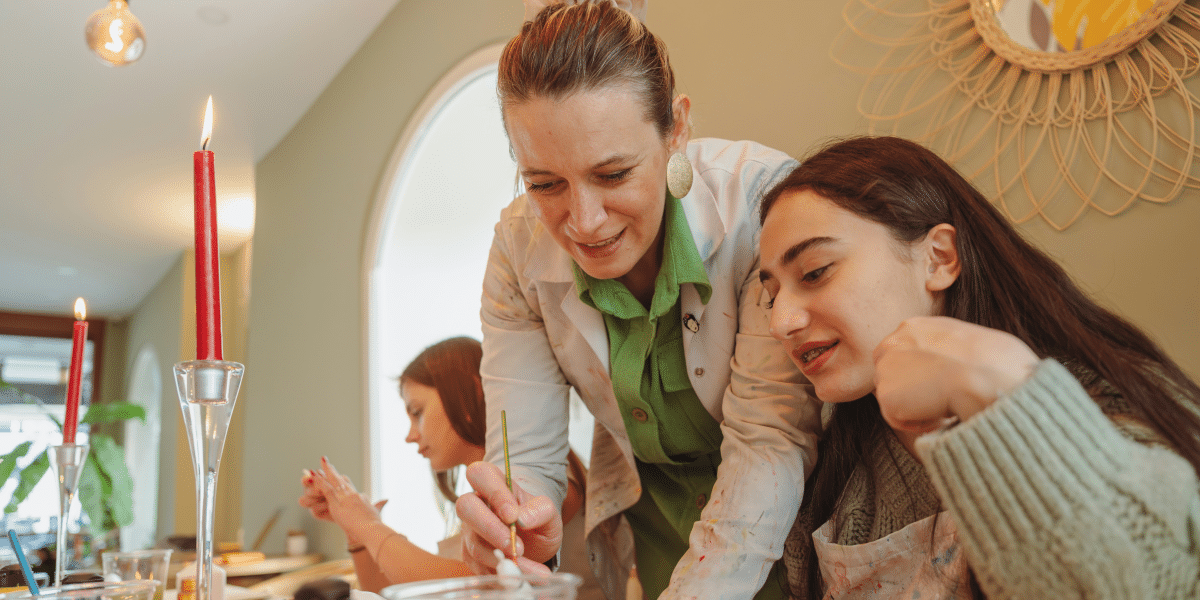Amidst the vibrant cacophony of chirps and tweets that fills the homes of bird enthusiasts, cockatiels stand out as beloved companions. With their charming crests and playful demeanor, these feathered friends bring joy to countless households. However, behind their adorable facade lies a delicate ecosystem prone to various health issues. In this comprehensive exploration, we delve into the common health concerns that affect cockatiels, empowering owners with knowledge to ensure the well-being of their avian companions.
Understanding Avian Health: Navigating Cockatiel Ailments
Caring for a cockatiel entails more than just providing seeds and a cozy perch. Like all living creatures, these delightful birds are susceptible to an array of health challenges. Respiratory infections, for instance, can swiftly take hold if proper precautions aren’t observed. Dust, cigarette smoke, and other airborne irritants can trigger respiratory distress in cockatiels, leading to labored breathing and lethargy. Additionally, malnutrition poses a significant threat to their vitality, manifesting in conditions such as fatty liver disease and vitamin deficiencies.
For cockatiel owners seeking to bolster their bird’s health, incorporating cuttlebone into their habitat ensures a natural source of calcium, crucial for strong bones and beak maintenance.
Routine veterinary check-ups are imperative to catch these issues early on. A qualified avian vet can conduct thorough examinations and recommend dietary adjustments or medications as needed. Moreover, vigilant observation of your cockatiel’s behavior and habits can provide invaluable insight into their well-being. Any deviations from their usual demeanor should prompt further investigation to preemptively address potential health concerns.
Feathered Frailties: Navigating Cockatiel Diseases
Despite the efforts of devoted owners, cockatiels may still fall prey to a host of diseases. Polyomavirus, a highly contagious infection, poses a significant threat to young birds, often proving fatal without prompt intervention. Symptoms such as lethargy, regurgitation, and difficulty breathing should prompt immediate veterinary attention to mitigate the spread of the virus and alleviate the bird’s suffering.
Moreover, psittacosis, commonly known as parrot fever, poses a zoonotic risk to both birds and humans. This bacterial infection can cause respiratory distress in cockatiels, alongside symptoms such as diarrhea and weight loss. Strict hygiene practices, including regular cage cleaning and hand washing, are essential to prevent the transmission of this potentially dangerous pathogen.
Preventive Measures: Safeguarding Cockatiel Health
In the realm of avian care, prevention reigns supreme. By adopting proactive measures, cockatiel owners can significantly reduce the risk of their feathered companions falling ill. A balanced diet rich in nutrients, including fresh fruits, vegetables, and fortified pellets, lays the foundation for robust health. Additionally, maintaining a clean and spacious habitat minimizes the risk of bacterial and fungal infections, ensuring a safe haven for your avian friend.
Regular exercise is equally vital for cockatiels, promoting both physical and mental well-being. Providing ample opportunities for flight and exploration stimulates their natural instincts, warding off boredom and obesity. Furthermore, social interaction is key to a cockatiel’s happiness, so carve out time for bonding activities and enrichment exercises to foster a strong bond with your feathered companion.
In essence, the journey of cockatiel ownership is a delicate balancing act, encompassing both the joys of companionship and the responsibilities of caretaking. By staying attuned to their needs and addressing potential health issues with diligence and compassion, owners can ensure a long and fulfilling life for their beloved avian companions.
With an array of potential health concerns looming, from respiratory infections to nutritional deficiencies, cockatiel owners must remain vigilant in safeguarding their feathered companions’ well-being. By arming themselves with knowledge and taking proactive measures, they can navigate the intricate landscape of avian health with confidence and ensure a vibrant and fulfilling life for their beloved pets.
Published by: Khy Talara









